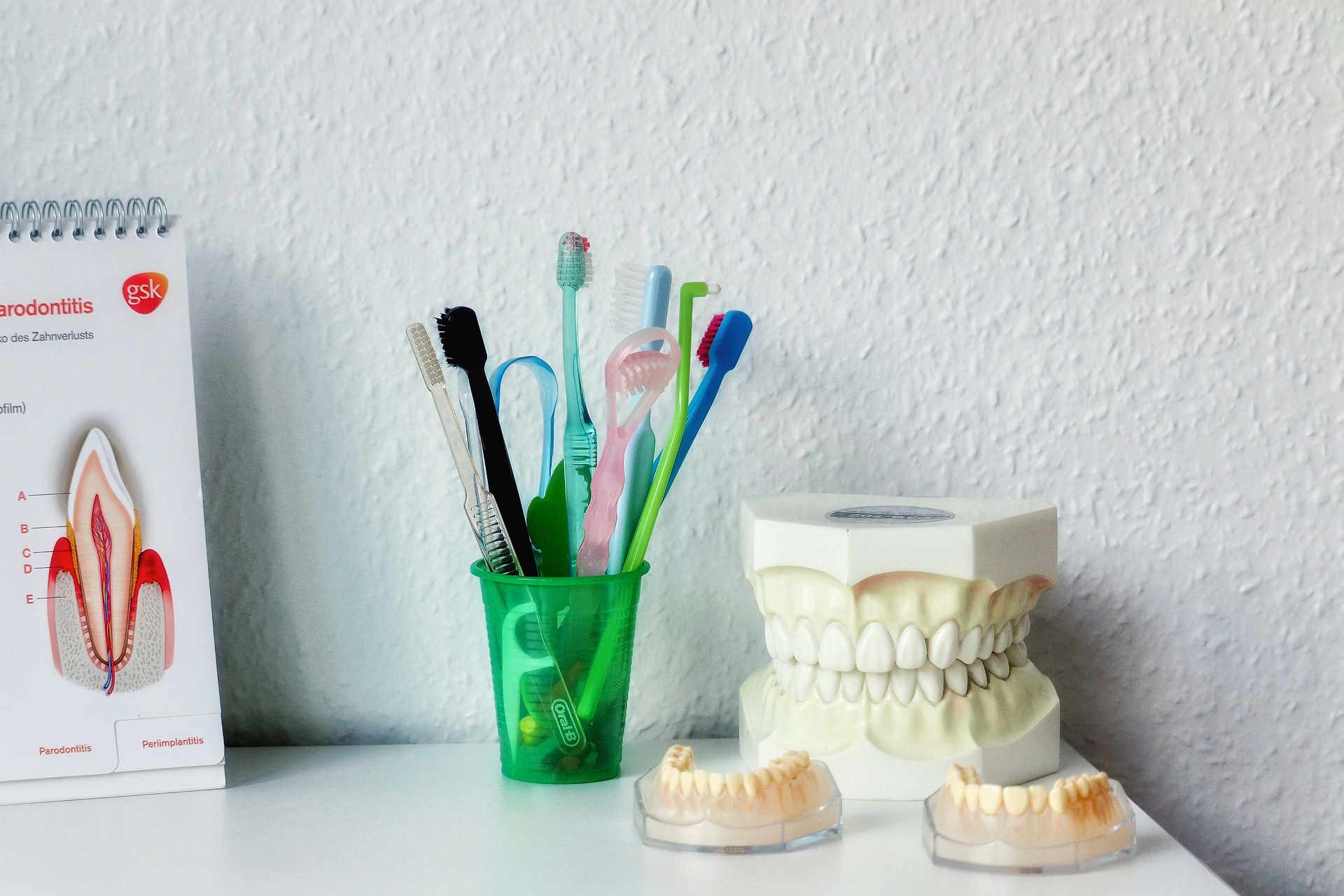Top Dental Implant Choices and Advantages for Seniors in the United States 2025
Dental implants can significantly improve seniors' quality of life by restoring function and natural appearance. This article reviews implant options for older adults in the United States (2025), covering eligibility, recovery, insurance considerations, and long-term care tips to aid decision-making.
Understanding Dental Implants and Why They Are Suited for Seniors
Dental implants are small, screw-like posts, usually made from titanium, surgically placed into the jawbone. They serve as artificial roots, offering a solid foundation for replacement teeth such as crowns, bridges, or implant-supported dentures. Through a process known as osseointegration, the implant fuses firmly with the bone, creating a stable and durable base that closely replicates natural teeth in both appearance and function.
Titanium implants are generally considered the optimal choice for seniors due to their excellent biocompatibility and long-lasting performance. Compared to removable dentures, implants eliminate the need for adhesives while improving chewing efficiency and speech clarity, boosting comfort and confidence.
Identifying Good Dental Implant Candidates Among Seniors
Age by itself does not disqualify someone from receiving dental implants. What truly matters is the person’s overall oral and physical health status. Suitable senior candidates commonly exhibit:
- Healthy gums free of periodontal disease
- Adequate jawbone density to support implants securely
- Good systemic health with well-managed chronic conditions (e.g., diabetes, heart disease)
- A strong commitment to maintaining consistent oral hygiene
Comprehensive dental assessments evaluate bone quality and gum health to determine eligibility. Some seniors may require preliminary procedures, such as bone grafting, to increase jawbone volume before implant placement.
Major Benefits of Dental Implants for Seniors
Especially for older adults, dental implants offer many advantages over traditional tooth replacements:
- Enhanced chewing and speech: Implants provide a stable bite similar to natural teeth.
- Support for facial structure: They help maintain jawbone integrity and prevent the sunken appearance often caused by missing teeth.
- Prevention of bone loss: By stimulating the jawbone, implants reduce the typical bone resorption following tooth loss.
- Improved oral hygiene and health: Implants are easier to clean than dentures and avoid gum irritation caused by adhesives.
- Durable, long-term solution: With proper care, implants can last for decades, offering a permanent alternative to removable prosthetics.
- Increased self-esteem: Restoring a full, natural-looking smile can significantly elevate confidence and social engagement.
Key Points to Consider Before Implant Surgery for Seniors
Prior to undergoing implant procedures, seniors should thoughtfully assess multiple factors influencing success and comfort:
- Medical history and overall wellness: Chronic diseases and medications that affect healing need coordination with healthcare providers.
- Bone density and jaw condition: When bone is insufficient, augmentation or specialized implant techniques might be necessary.
- Smoking habits: Tobacco usage harms gum health and greatly raises implant failure risk. Quitting smoking is highly recommended.
- Financial and time commitments: Implant treatment involves several visits over months and may require budgeting for expenses not fully covered by insurance.
- Maintenance requirements: Implants demand thorough home care and regular dental check-ups to ensure durability.
What Seniors Can Expect During Dental Implant Recovery
The healing process for seniors generally progresses through several stages:
- Initial healing: Typically takes 7 to 14 days post-implant placement for gum tissue to recover.
- Osseointegration phase: Lasting 3 to 6 months, during which the titanium implant bonds firmly with the jawbone.
- Follow-up appointments: Multiple visits to monitor healing and to receive the final restoration (crown, bridge, or denture).
- Diet modifications: Soft foods are recommended initially, with gradual reintroduction of firmer foods as healing proceeds.
- Oral hygiene practices: Maintaining diligent cleaning routines is vital to prevent infection and inflammation around the implant.
Patience and following post-operative care instructions closely significantly affect implant success.
Understanding Dental Insurance and Financial Options for Seniors in 2025
In the United States, many dental insurance plans may cover part of implant costs if deemed medically necessary rather than purely cosmetic. Coverage details, deductibles, and maximum allowances vary widely depending on the insurer and geographic area.
Common insurers that offer plans including some implant-related benefits often feature:
- No waiting periods for basic and certain major dental services
- Annual coverage limits reaching several thousand dollars
- Large provider networks available nationwide
Examples include dental insurance providers known for senior-focused plans, though availability and terms differ by state. Seniors are strongly advised to thoroughly review their individual insurance policies to confirm implant coverage specifics and estimate potential out-of-pocket costs.
Important Maintenance and Lifestyle Advice for Seniors After Receiving Implants
To maximize dental implant longevity, seniors should:
- Maintain regular dental check-ups and cleanings, ideally every six months or as recommended
- Follow strict oral hygiene routines, brushing twice daily and flossing regularly
- Avoid excessive consumption of hard, sticky, or overly chewy foods that might damage restorations
- Quit smoking to prevent gum disease and implant complications
- Immediately consult a dentist if experiencing discomfort, swelling, or implant loosening
Adherence to these guidelines supports both implant health and overall oral well-being into advanced years.
Availability of Dental Implant Services Throughout the United States
Dental implant treatments are broadly available across the country, although access varies depending on geographic location, local dental specialists, and insurance network participation. Some regions have greater numbers of qualified implant dentists and oral surgeons, shortening wait times and potentially offering competitive pricing. Seniors should verify the availability of implant providers and coverage options within their communities to facilitate convenient treatment planning.
Final Considerations for Seniors Exploring Dental Implants in 2025
Dental implants provide a life-enhancing solution for seniors experiencing tooth loss by improving function, appearance, and overall quality of life. Achieving successful results requires careful health evaluation, selecting appropriate implant types, understanding insurance coverage, and committing to diligent care.
Seniors interested in implant options should seek comprehensive consultations with experienced dental and medical professionals to evaluate eligibility, review costs, and develop individualized treatment strategies.
Disclaimer
Prices, financing options, and insurance coverage for dental implants vary by location, provider, and plan. Readers should verify all financial and policy details directly with local dental practices and insurance companies. This article is intended for informational purposes and is not a substitute for professional medical advice.
Sources
- Aflac. Dental Implants for Seniors: What You Should Know. https://www.aflac.com/resources/dental-insurance/dental-implants-for-seniors.aspx
- SeniorLiving.org. Best Dental Plans for Seniors in 2025. https://www.seniorliving.org/insurance/dental/best/





